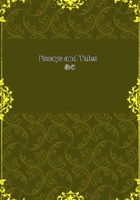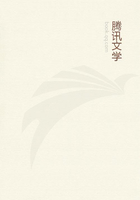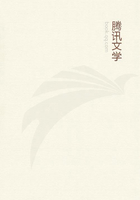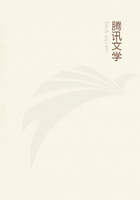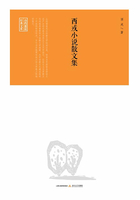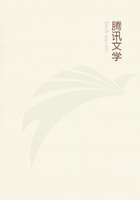The Utilitarian principle,again,was opposed to the errors most seductive to earlier historians.The classical histories were meant to be works of art.The artistic aim is incompatible with scientific history,so far as it interferes with the primary aim of giving the unadulterated facts.To give a clear,coherent,and distinct narrative of a complex series of events requires,indeed,powers of literary expression even of the highest order.
The artistic purpose must be strictly subordinate rather than absent.A writer must not disguise or embellish or omit with a view to artistic effect of the whole;and must often sacrifice the impressive to the truthful.Sometimes,indeed,the historian must be dull --but that is a condition against which neither Grote nor the Utilitarians generally protested.It had been the aim of a different school to avoid dulness and to rival the Waverley Novels in making past history live.The errors of such men as Thierry and Michelet,or Carlyle,Macaulay and Froude,show the dangers of the method.The severe historian may perhaps forgive them in consideration of the interest which they excited in their studies.May he not also admit that the aim is,in some sort,legitimate?The people,after all,were once alive,and that truth has some bearing upon their history.If imagination means a faculty of generating illusions,as the Utilitarians generally thought,it is no doubt mischievous.But even for the bare purpose of judging evidence and perceiving truth the imagination is essential.The error of transposing modern standards of thought into previous epochs is too obvious to require illustration;but it is really the fault less of an excess than of a defect of imagination.The writer must be able,at every turn,to put himself in the place of his heroes,and of their contemporaries,if he would understand the meaning of their actions,or even judge the weight to be attributed to the evidence.That requires a trained and duly subordinate faculty of imagination.Even for mere annals --simple statements of hard facts --imagination is required,and it is required the more as we endeavour to rise from annals to history,or to make history more than an 'old calendar.'
A sound Utilitarian might be expected to make the proper compromise.No one could be more on his guard against the error of subordinating truth to poetic fancy.But he would not deny the importance of so much imaginative sympathy as is implied in a clear apprehension of the mental and moral condition of past epochs.He might find a sufficient substitute for the dangerous faculty of picturesque imagination in the more sober faculty which Grote possessed --massive common sense;the 'knowledge of human nature,'as it is called,which corresponds not to poetic imagination or to a set of established formulae,but to the practical insight acquired by intimate acquaintance with actual affairs.If Grote was able to rival or to surpass German professors on their own ground,it was because his want of some of their special training was more than counterbalanced by his experience of business and public life.In Threadneedle Street and at Westminster he had acquired an instinctive perception which served him in describing the political and economical conditions of Athenian life.When joined with an ardour for research that power gave a value to his judgments of fact which enabled him to write a model history.
The 'graphic'or 'artistic'type of history may be objectionable;is not the philosophical worse?Nothing distorts facts so much as theory;and a scientific historian should be on his guard against the philosopher of all men.But how to draw the line?Stick to bare fact and you can only write annals.History proper begins as you introduce causation,and the mere series is transformed into a process.It is impossible to get a bare fact without some admixture of theory.The Utilitarian principle,again,suggests the right aim.It excludes the mischievous didacticism of older historians.The question of fact must everywhere precede the question of right.In politics,economics and ethics Bentham and Malthus and the Mills had in various relations applied the principle which applies equally to history,The historian may adopt Spinoza's great saying.His business is to understand,not to approve or denounce.A historian treats of some great event such as the French revolution.His one legitimate and dominant purpose should be to explain its causes,and he should inquire with absolute impartiality how it came to pass,not whether it was right or wrong.The old method of writing history attributed events to individuals,and consistently applied a moral estimate.If the action of this or that man,Mirabeau or Robespierre,was the ultimate cause of the events,we may ask whether the action was good or bad,and infer that the event ought or ought not to have happened.The scientific view fixes attention simply On the causes.What were the conditions which determined the event?We must inquire as impartially as a pathologist examining the causes of a disease.

